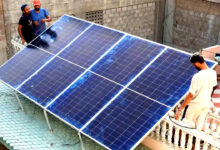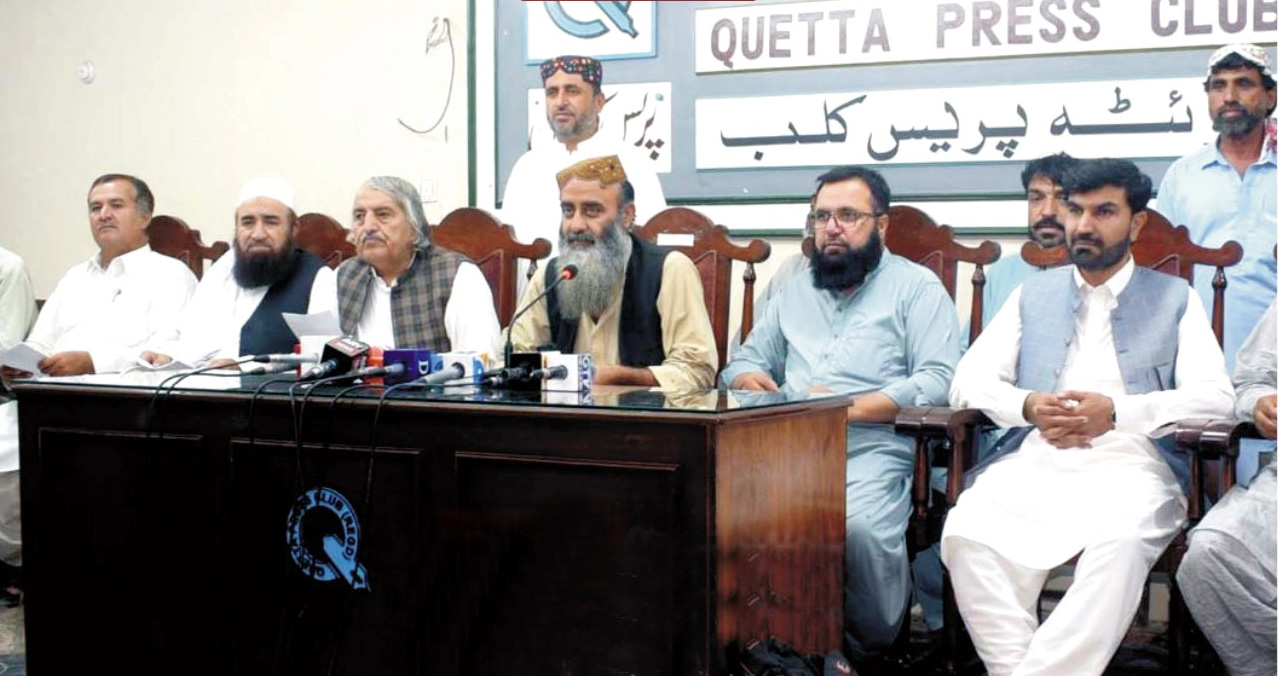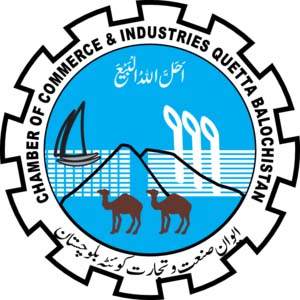Gas Supply Prioritization: Domestic and Commercial Users First, Industries Last

Karachi: The government has revised the gas supply prioritization order, placing domestic and commercial users at the top while relegating industries to the lowest priority.
The Federal Ministry of Energy and Petroleum Division has announced that captive power units will now receive gas as a last resort. According to a recent notification, industries will follow domestic users in priority, with the CNG and cement industries classified as third in line.
This shift means that, particularly during the winter months, domestic and commercial users, special commercial entities, and processing industries will receive gas first. Fertilizer factories and the power sector will have second priority, while captive power, cement, and CNG industries will be last.
The textile industry has labeled this amendment a threat to its survival, urging the Special Investment Facilitation Council (SIFC) to take notice. Sources within the textile sector claim that this decision exacerbates the challenges faced by an industry already in crisis, potentially impacting exports significantly.
Pakistan’s textile industry, which accounts for 60% of the country’s exports, is facing dire straits due to rising production costs, energy shortages, and global market pressures. Textile exporters have warned that production costs have increased by 30% and exports have decreased by 20%, pushing the industry closer to collapse, compounded by the pending payment of 100 billion PKR in refunds.
The industry has requested the SIFC to expedite energy subsidies (gas priced at $6-7 per MMBTU, electricity at 5-6 PKR per unit), financial relief (settlement of outstanding refunds, reduction in customs duties, exemption from sales tax on raw materials), and infrastructure support (upgraded textile parks, testing laboratories, and logistics).
Urgent measures have been demanded to safeguard this sector and millions of jobs, which include reducing energy prices, ensuring gas availability for captive power, providing interest-free loans for renewable energy, facilitating technology transfer, skill development, and improving market access to ensure economic stability and growth for Pakistan.






